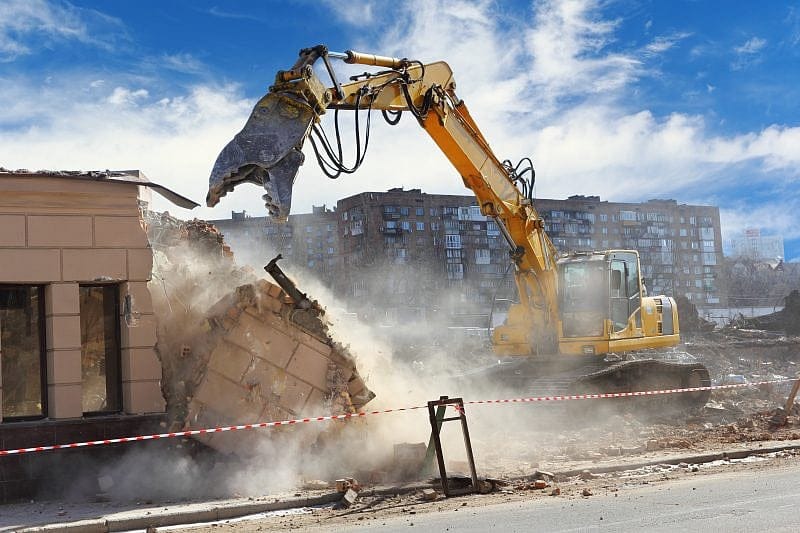The Building You Just Bought Got Knocked Down? Too Bad

A property buyer whose commercial building was demolished by the city of Chelsea shortly after he acquired it has no remedy in state law, the Massachusetts Appeals Court has ruled.
Rocco Vigorito bought an abandoned gas station from the estate of its previous owner for $100,000 in August 2016, about two months after he entered into a purchase-and-sale agreement and about 11 months after city officials had ordered the estate either to make the building safe or knock it down.

